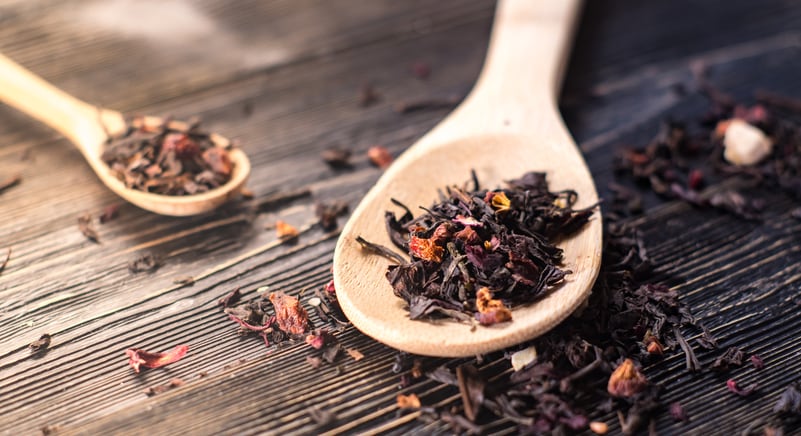Researchers from the National University of Singapore, Wuyi University in China, the University of Essex in the UK and the University of Cambridge examined neuroimaging data of 36 adults aged 60 and older. They compared a group of tea drinkers against a group of non-tea drinkers.
They found that those who consumed either green tea, black tea or oolong tea at least four times a week over 25 years had brain regions that were interconnected in a more efficient way. Better organised brain regions is associated with healthy cognitive function
“Take the analogy of road traffic as an example - consider brain regions as destinations, while the connections between brain regions are roads,” said Assistant Professor Feng Lei, leader of the study.
“When a road system is better organised, the movement of vehicles and passengers is more efficient and uses less resources. Similarly, when the connections between brain regions are more structured, information processing can be performed more efficiently.
“We have shown in our previous studies that tea drinkers had better cognitive function as compared to non-tea drinkers. Our current results relating to brain network indirectly support our previous findings by showing that the positive effects of regular tea drinking are the result of improved brain organisation brought about by preventing disruption to interregional connections.”

A limitation of the study, however, was the small sample size: with researchers finding it difficult to find enough people to meet the strict inclusion criteria of either frequently drinking tea, or rarely or never drinking any kind of tea. Other substances such as coffee could also affect the results, although researchers say coffee consumption between the two groups was not significantly different.
Past studies have already demonstrated that tea intake is beneficial to human health, and the positive effects include mood improvement and cardiovascular disease prevention. A 2017 longitudinal study led by Feng Lei and published in 2017 showed that daily consumption of tea can reduce the risk of cognitive decline in older people by 50%.
As cognitive performance and brain organisation are intricately related, the team note that more research is needed to better understand how functions like memory emerge from brain circuits. This in turn could suggest possible interventions to better preserve cognition during the ageing process.
Feng Lei and his team plan to examine the effects tea can have on cognitive decline, as well as the effects of tea’s bioactive compounds.
Source: Li J, Romero-Garcia R, Suckling J, Feng L. Habitual tea drinking modulates brain efficiency: evidence from brain connectivity evaluation. Aging (Albany NY). 2019; 11:3876-3890. https://doi.org/10.18632/aging.102023




